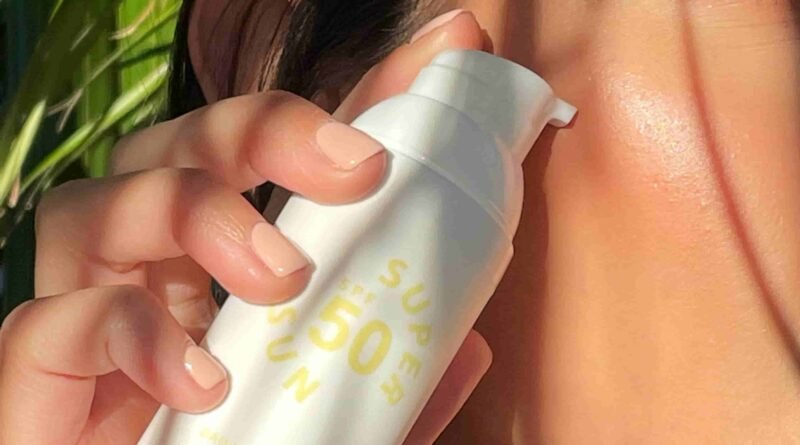Understanding Mineral vs. Chemical Sunscreens: Which is Right for You?
Sunscreen is a non-negotiable step in any skincare routine, but with so many options, choosing the right one can feel overwhelming. The biggest debate? Mineral vs. chemical sunscreens. Which one truly offers the best protection, and which formula suits your skin type and lifestyle?
Let’s break it all down—without the confusion—so you can confidently pick the best sunscreen for your face.
What’s the Difference Between Mineral and Chemical Sunscreens?
Both types protect your skin from the sun’s harmful UV rays, but they work in fundamentally different ways.
Mineral Sunscreens (Physical Sunscreens)
These contain zinc oxide and/or titanium dioxide, which act as a shield, sitting on top of your skin and reflecting UV rays away.
- Broad-spectrum protection: Shields against both UVA and UVB rays.
- Works instantly: No need to wait—apply and go!
- Gentler on sensitive skin: Ideal for acne-prone and reactive skin.
- Less likely to clog pores: Great for oily and combination skin types.

Cons:
- Can leave a white cast (especially on deeper skin tones).
- Thicker texture that may feel heavy.
- Rubs off easily with sweat or water.
Chemical Sunscreens
These use UV-absorbing ingredients like avobenzone, octinoxate, and oxybenzone, which convert UV rays into heat before your skin can absorb them.
- Lightweight, easy-to-apply formulas.
- Blends seamlessly—no white cast!
- Water-resistant options available.
Cons:
- Requires 20-30 minutes to activate.
- Some ingredients can irritate sensitive skin.
- May not be reef-safe (check for oxybenzone and octinoxate).
How to Choose the Best Sunscreen for Your Face
Here’s a quick guide based on your skin type and concerns:
- Sensitive or Acne-Prone Skin → Go for mineral sunscreen (zinc oxide is soothing).
- Oily or Combination Skin → Choose lightweight, oil-free chemical sunscreen.
- Dry Skin → Pick hydrating chemical sunscreen with added skincare ingredients.
- Dark Skin Tones → Opt for tinted mineral sunscreens or chemical formulas to avoid white cast.
- Outdoor & Sports Use → Look for water-resistant chemical sunscreens.

Expert-Recommended Sunscreens
Best Mineral Sunscreens
- EltaMD UV Clear Broad-Spectrum SPF 46 – Ideal for acne-prone and sensitive skin.
- Supergoop! Mineral Mattescreen SPF 40 – Matte finish, great for oily skin.
- Cocokind Daily SPF – Reef-safe and hydrating with a sheer tint.
Best Chemical Sunscreens
- La Roche-Posay Anthelios Melt-in Milk SPF 60 – Ultra-light and hydrating.
- Biore UV Aqua Rich SPF 50+ – Water-based and perfect under makeup.
- Supergoop! Unseen Sunscreen SPF 40 – Silky, primer-like texture.
Common Sunscreen Myths—Debunked!
- Myth: Darker skin tones don’t need sunscreen.
- Truth: Melanin provides some protection, but not enough—SPF is a must!
- Myth: SPF in makeup is enough.
- Truth: You’d need 7x the normal amount of foundation to get adequate protection. Always layer with a dedicated SPF.
- Myth: Sunscreen causes breakouts.
- Truth: Look for non-comedogenic formulas to avoid clogged pores.
- Myth: You only need SPF on sunny days.
- Truth: UV rays penetrate clouds—apply sunscreen every single day!
Final Thoughts: Which One Should You Choose?
There’s no one-size-fits-all answer, but if you have sensitive skin, mineral sunscreen is your best bet. If you prefer a seamless finish with no white cast, chemical sunscreen might be the way to go.
No matter which type you choose, the most important thing is to apply it daily and reapply every two hours—because the best sunscreen is the one you’ll actually wear!

